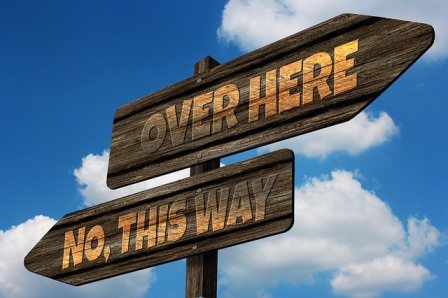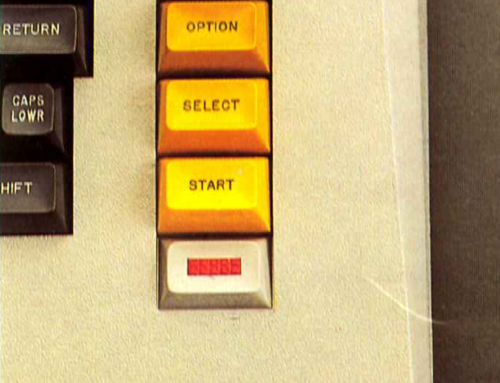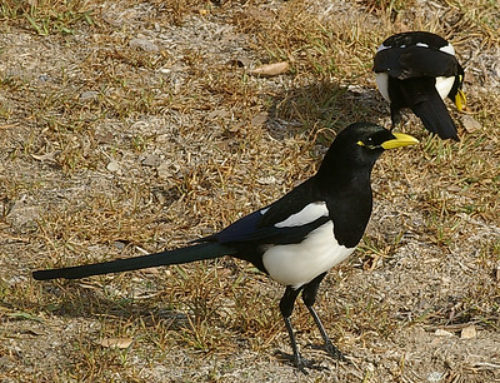Here’s something I believe: mindfulness can be a pathway to enlightenment.
Here’s something else I believe: sometimes mindfulness isn’t enough.
And here’s the quandary: while these beliefs only conflict mildly, I’m having trouble reconciling them inside my heart, and it’s kind of tearing me apart.
Bear with me here. I’m going to talk about Buddhism, mental health, antidepressants, psychedelics, and ignorance. Let’s start the ride.
Mindfulness over matter
For decades, I’ve held to the belief that we have the power to heal ourselves. When we become intimately aware of our internal landscape, we gain the ability to choose how we perceive external events—which lets us navigate life skillfully. When we follow the ancient commandment “Know Thyself”, we begin to understand our true nature. In essence, we recognize that we are vast eternal beings and this clarity lets us walk through challenges with equanimity.
Although I don’t consider myself a practicing Buddhist, I also know more than my fair share about Buddhism. Without getting caught up in the weeds, the Buddha’s Four Noble Truths look something like this: (1) life is suffering, (2) there is a cause for this suffering, (3) there is an end of suffering, and (4) there is a path to end suffering. By following the Buddhist eightfold path, the idea is that you can end your own suffering. And, like my beliefs above, the eightfold path is largely about taking personal control—over your own understanding, thinking, speech, conduct, career, emotions, mental state, and concentration.
In short: we have the power to heal ourselves.
Except, sometimes we don’t.
When mindfulness isn’t enough
What happens if we’re depressed? I’m not talking clinical depression. If you’re unable to get out of bed, if you’re contemplating suicide, if you can’t rouse yourself enough to eat, you are obviously facing a debilitating problem. In those cases, medication can be an obvious—and welcome—solution.
But how about if you’re just “a little” depressed? Is medication ok in this case too, or should we try to heal ourselves? This is where I start getting fucked up.
It doesn’t help that there have been media exposés showing that doctors frequently over-prescribe antidepressants, or prescribe them without a solid clinical basis. For me, there’s also a deeper judgment—that pills are kind of the easy way out, that they absolve us from having to do the heavy emotional lifting that will make us stronger people, that they give us the excuse to skim the surface of life rather than diving deeply into our personal chaos and emerging victorious at the other end. There’s a part of me that believes that some measure of depression is even necessary, or at the very least “normal” and that medicating it away prevents us from fundamentally knowing ourselves.
All of which, I think, is just a roundabout way of saying that antidepressants scare me. They make me afraid that people won’t self-actualize. They make me afraid that we’re creating a world where everyone is slightly removed from the harsher edges of reality that teach us about ourselves.
Fear stems from ignorance
So here’s the issue. Even though in my head I recognize that outside help is sometimes necessary, my heart doesn’t really believe that. And these conflicting beliefs have genuinely been driving me a little mad. So, in the spirit of true mindfulness, I decided to educate myself. Here’s what I found:
Andrew Solomon, the author of The Noonday Demon: An Atlas in Depression, explains that antidepressants don’t aim to eliminate sadness. They deal with a lack of vitality—which means they give people the foundational tools they need to get through their days, so they can free up the emotional capacity to improve their outlook. This makes sense to me. It means there isn’t an “enlightenment pill”. There are just tools that let us find equilibrium so we can apply our energy to more “enlightening” tasks.
Narayan Helen Liebenson, a guiding teacher at the Cambridge Insight Meditation Center, says that while mindfulness can help alleviate depression, it won’t always do the trick. In her opinion, a wiser and more open-hearted attitude would be to recognize that taking antidepressants can actually be a compassionate action, especially if they are used as sacred medicine.
Which got me thinking about the original sacred medicines—psychedelics. According to a vast and growing body of clinical and scientific research, psychedelics can help treat a wide range of mental health conditions. Psychedelics such as psilocybin (“magic mushrooms”), MDMA (“ecstasy”), LSD, ayahuasca, and ibogaine are being used to treat—and sometimes even cure—depression, PTSD, autism, substance addition, and end-of-life anxiety. And they seem to do so without the negative side effects commonly attributed to pharmaceuticals. Check out this article in The Guardian for more info.
At the same time, psychedelics are also increasingly being used in controlled doses and settings to help seekers let go of the ego and find a path towards enlightenment. And this, for me, was a huge key. Is it possible that the very drugs I fear are the ones that can lead us to a greater knowledge of ourselves?
I don’t know the answer. But here’s something I have learned along the way. If you find yourself torn by conflicting beliefs, you owe it to yourself to delve deeper. You might just discover that your beliefs are built on a foundation of your own ignorance, and that by changing your mind, you might just change your life.





I love what you have to say – straddling conflicting impulses doesn’t always lead one to the middle way. Also reluctant to take meds, I have found some energy boosters that are a bit kooky but seem to help once an initial push is made. There’s Lauren Walker, “Energy Medicine Yoga.” She has a few easy wake-up steps to get your energy moving forward (you can find on YouTube https://www.youtube.com/watch?v=4LlOz1yoyGw). Another approach I’m exploring that may resonate with you is “The Mandala of the Enlightened Feminine” by Tsultrim Allione which draws on the powerful imagery of the Dakinis. Finally, when in a funk, I try to remember “non-striving” is a central principle – and give myself a break 🙂
Sending so much love and best wishes in your journey. xoxo